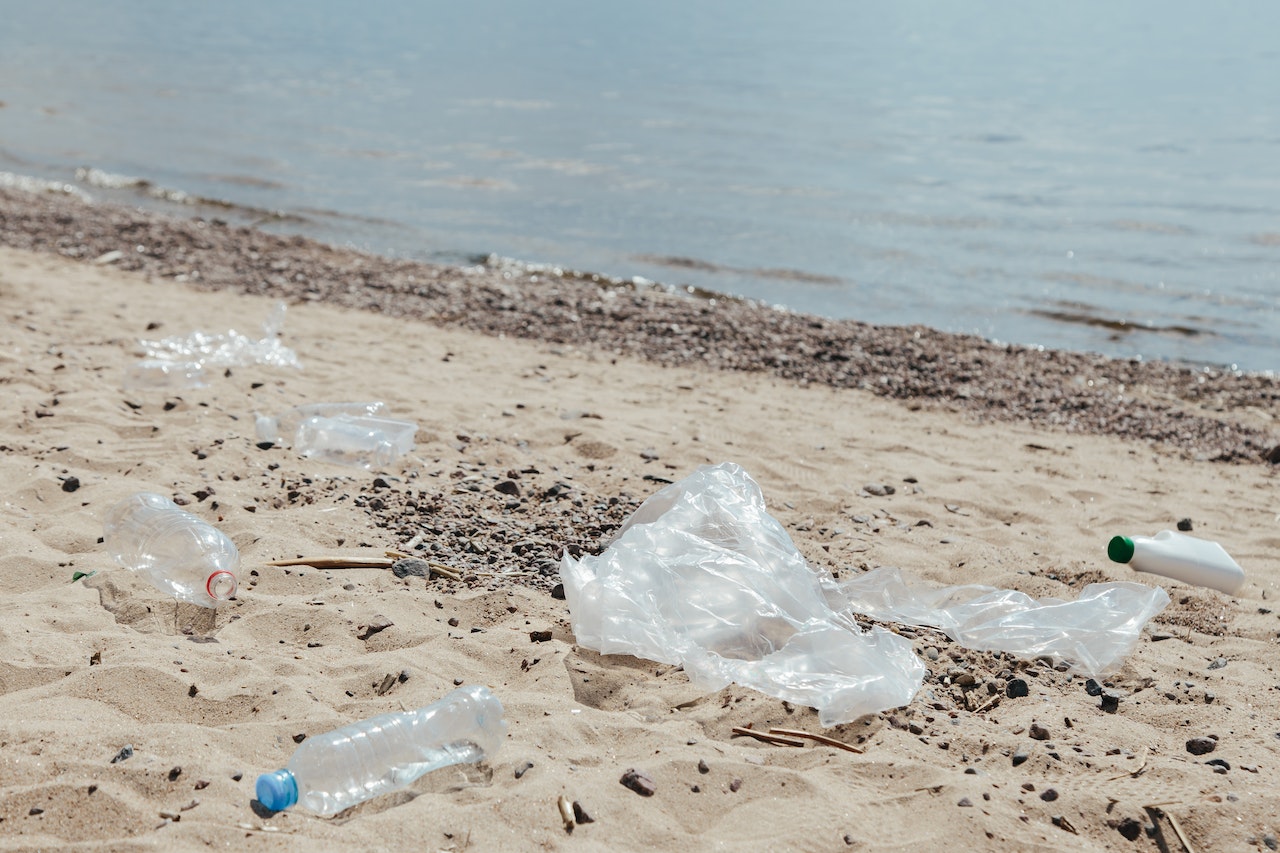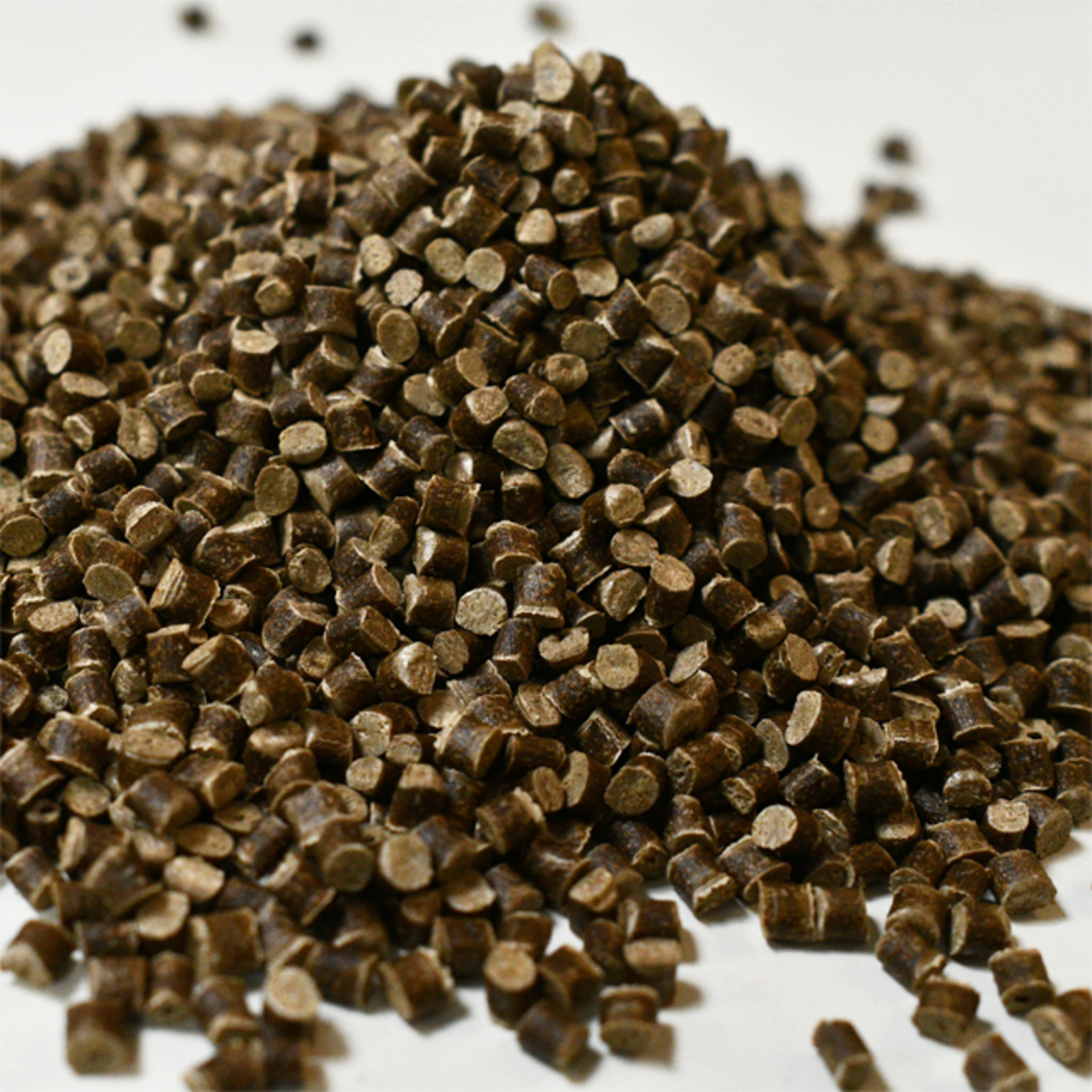Comparing the Environmental Impact of Bio Plastic Products and Traditional Plastics
There has been a growing concern about the environmental impact of traditional plastics and a shift towards more sustainable alternatives, such as bio plastic products.
In this blog, we will compare the environmental impact of bio plastic products and traditional plastics, and explore the factors that influence their sustainability.
The importance of sustainability and environmental impact
Sustainability and environmental impact are important topics that have gained increased attention in recent years. Sustainability refers to meeting the needs of the present without compromising the ability of future generations to meet their own needs. Environmental impact refers to the effects that human activities have on the environment, including air and water pollution, deforestation, and climate change.
It is important to consider sustainability and environmental impact in business and everyday life because they have significant implications for the health and well-being of people and the planet. By adopting sustainable practices and reducing environmental impact, we can help preserve natural resources, reduce waste and pollution, and address climate change.
Furthermore, sustainability and environmental impact are not just important for their own sake, but they can have significant benefits for businesses and organizations. Consumers are increasingly concerned about the environmental impact of the products they purchase, and companies that prioritize sustainability can gain a competitive advantage in the marketplace. Additionally, sustainability can lead to cost savings and efficiency improvements in operations.
Sustainability and environmental impact are important concepts that should be considered in all aspects of life. By adopting sustainable practices, we can help create a healthier and more equitable future for ourselves and future generations.
Overview of bio plastic products and traditional plastics
Bio plastic products
Bio plastic products are becoming increasingly popular due to their lower environmental impact. They are biodegradable, compostable, and do not release toxic chemicals when they break down. Additionally, the production of bio plastics requires less energy and generates fewer greenhouse gas emissions compared to traditional plastics. Bio plastic products are used in a variety of applications, including food packaging, disposable cutlery, and agricultural film.
Traditional Plastics
Traditional plastics, on the other hand, have been widely used for decades and are still the dominant material in many industries. They are durable, lightweight, and have a wide range of applications. However, their production and disposal have significant environmental impacts, as outlined above.
In conclusion, while bio-based plastics have the potential to reduce the environmental impact of plastics compared to traditional plastics, it is important to consider their full life cycle impact and to continue to reduce overall plastic use and improve recycling efforts.
Environmental impact of traditional plastics
Traditional plastics have a significant environmental impact due to their production, use, and disposal. Plastics are derived from non-renewable resources, such as petroleum and natural gas, and their production requires high energy consumption and generates significant greenhouse gas emissions, contributing to climate change. The extraction of these resources also has negative environmental impacts, including habitat destruction and water pollution.

Plastic bottle are a significant threat to wildlife, particularly marine life.
Once produced, traditional plastics have a long lifespan and do not biodegrade. This means that they can persist in the environment for hundreds or even thousands of years, causing long-term environmental problems.
The disposal of traditional plastics also creates significant environmental problems. Plastics that are sent to landfills take up space and can emit greenhouse gases as they decompose. Plastics that are burned for energy can release toxic chemicals into the air, contributing to air pollution.
Environmental impact of bio plastic products
Bio plastic products can have several positive impacts on the environment compared to traditional plastic products.
Firstly, bio plastics have the potential to reduce our dependence on finite fossil fuels and decrease greenhouse gas emissions. They also have the potential to be biodegradable, which can reduce the amount of plastic waste that ends up in landfills or in the environment.
Moreover, the production process for bio-based plastics is often more sustainable than that of traditional plastics, as it requires less energy and emits fewer pollutants. This can help to reduce the overall environmental impact of producing and using plastic products.
In addition, some researchers claim that some types of bio plastic products may be less harmful to wildlife and the environment in the event that they are disposed of inappropriately and end up in the ecosystem.
>>>> Learn more at:Bioplastic Sheets Leading the Way To A Greener Life
Comparison of environmental impact between bio plastic products and traditional plastics
Traditional plastics and bio plastic products have significant differences in their environmental impact. Here are the main areas of comparison:
- Energy Consumption during Production: Bio plastic manufacturing usually requires less energy compared to traditional plastic production. Bio plastics are made from renewable resources, such as corn, sugarcane, potato starch and coffee grounds, which require less energy to grow and process compared to petroleum-based plastics.
- Greenhouse Gas Emissions: Traditional plastics release a significant amount of greenhouse gases during their production, while bio plastics have lower emissions due to their renewable sourcing. However, some bio plastic production processes can still produce greenhouse gases, especially if they rely on non-renewable energy sources.
- Biodegradability and Compostability: One of the key benefits of bio plastic products is their biodegradability and compostability. Unlike traditional plastics, which can take hundreds of years to decompose, bio plastics break down much faster and can even be composted. This significantly reduces the amount of plastic waste in landfills and the environment.
- Water and Air Pollution: The manufacturing process of traditional plastics involves the release of toxic chemicals and pollutants into the air and water. In contrast, bio plastic production is generally less polluting, as the raw materials used are non-toxic and renewable.
- Landfill Impact: Traditional plastics contribute to the growing problem of landfill waste, which is a significant environmental issue. Bio plastics, on the other hand, are designed to biodegrade and break down in landfills, reducing the amount of waste that accumulates over time.
While bio plastic products are not a perfect solution to the environmental problems caused by plastics, they offer significant advantages over traditional plastics in terms of their environmental impact. With the growing demand for sustainable products, the bio plastic manufacturing in various industry.
Bio Plastic Products’s suggestion
AirX Coffee, the world’s first carbon negative bio plastics made from coffee grounds with various applications from these promising materials.

AirX biocomposite made from coffee grounds and recycled plastics.
These are some benefits that make AirX Coffee Bio-composites become an ideal alternative materials to produce bio plastics products:
- Carbon negative: The biomass feedstock absorbs carbon dioxide during growth, making them a carbon-neutral option. Furthermore, the manufacturing process requires less energy, leading to a lower carbon footprint.
- End-of-life option: Under industrial composting or incineration conditions, Coffee Bio-composite can biodegrade into water, CO2, and biomass within just a few years
- Less fossil fuels: Unlike traditional plastics that rely on carbon atoms sourced from fossil fuels, Coffee Bio-composite uses biobased carbon content from renewable sources.
- Less plastic: By replacing traditional plastic with recycled coffee grounds, we can limit the demand for new plastic production and, therefore, reduce the amount of plastic waste that ends up polluting our environment.
Contact us
AirXis the world's first carbon-negative bio-materialmade from coffee grounds.
We specialize in producing bio-based composites using recycled carbohydrates derived from by-products such as coffee grounds, coconut husk, husk, and bamboo. Our goal is to promote sustainability through the use of eco-friendly materials.
We are always here to help and provide the best service possible. If you have any questions or would like to receive advice and feedback directly from our sales staff, please do not hesitate to contact us. You can reach us through:
- Whatsapp: +84 969 742 950
- Email: [email protected]
We look forward to hearing from you!

